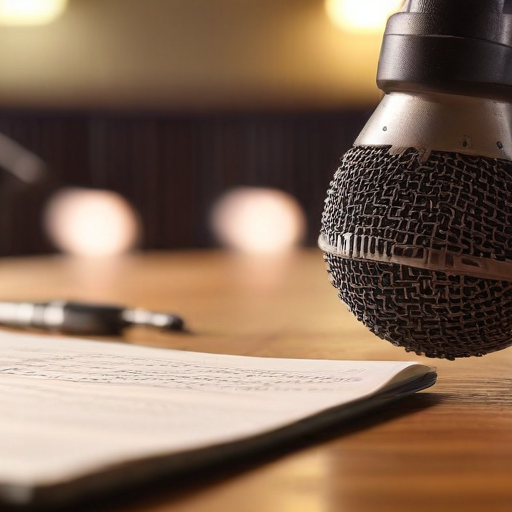Drake has taken legal action against Universal Music Group (UMG) and Spotify, alleging that the companies have collaborated to unfairly boost the streaming and radio success of Kendrick Lamar’s hit song “Not Like Us” during a prolonged rivalry between the two artists. The petition, lodged in a New York court, claims UMG engaged in unethical marketing practices by paying influencers, radio stations, and utilizing automated systems to enhance the song’s popularity.
In his filing, Drake points to a favorable multi-year licensing agreement between UMG and Spotify, suggesting that UMG charged Spotify a significantly reduced licensing fee for “Not Like Us” and, in return, Spotify promoted the song heavily to its users.
The two rappers have a history of collaborating and competing within the music industry, and both enjoy significant acclaim and multiple awards, including Grammys. However, the tension has escalated in recent months, particularly as Lamar released “Not Like Us,” which quickly topped the Billboard charts with considerable streaming numbers.
Drake’s petition also alleges that UMG has engaged in similar deceptive practices across other streaming services, claiming, for instance, that requests to play his album “Certified Lover Boy” via Siri resulted in “Not Like Us” being played instead. Furthermore, he asserts that UMG took extreme measures by terminating employees perceived as loyal to him.
In response to the allegations, UMG issued a statement denying any wrongdoing, asserting their commitment to ethical marketing practices and dismissing the assertions as unfounded.
Drake’s petition seeks to gather information about those allegedly compensated by UMG and Spotify for promotional efforts, emphasizing that the practices have a broader impact on the music landscape. He noted, “Every time a song ‘breaks through,’ it means another artist does not,” stressing that the marketing strategy employed by UMG gives Lamar an unfair advantage at the expense of other artists like him.
This feud highlights the competitive nature of the music industry, particularly among high-profile artists. As fans follow this story, it serves as a reminder of the complexities involved in music promotion, legalities, and artist relationships. While tensions are currently high, there is potential for resolution and growth that can ultimately benefit the music community as a whole.
Overall, the ongoing legal dispute between these prominent artists and their record label may bring to light important discussions around fair practices in music marketing and promotion, potentially leading to a more equitable industry for all artists.
